Washington, D.C. just voted to eliminate tipped minimum wage by 2027, as reported by Restaurant Dive. This means that employers will no longer be able to pay their tipped employees below the regular minimum wage. So, what does this mean for the restaurant industry? Well, on the surface it looks like a win for workers. But as with most things in life, it's not that simple. The reality is that restaurant owners will be forced to raise prices, which means customers will end up paying more. And as if that wasn't bad enough, tipped workers are likely to see their income plummet.
What Does This Mean for the Restaurant Industry?
Basically, it means that employers would have to pay their employees the full minimum wage, instead of counting tips as part of their pay. This would obviously increase labor costs for restaurateurs, and could lead to some pretty significant changes in the industry. For example, a survey of states found that the average earnings for a tipped employee are $15.51/hour. But if the tipped minimum wage is eliminated, employers would only have to pay their employees $7.25/hour, which is the current federal minimum wage. The 'tip credit' is a unique industry subsidy that lets employers meet pay requirements more cheaply. In other words, employers can count tips as part of an employee's pay as long as they make sure that their employees earn at least the minimum wage when you combine tips and wages.
But cutting the tipped minimum wage could come with unintended consequences, such as operators trimming their workforces, hiking menu prices and adding surcharges. So it's definitely something to think about before making any changes.

How Does this Initiative Compare with Danny Meyer's Plan to Eliminate Tipping in His Restaurants
On the one hand, it's understandable why certain restaurants would want to do away with tipping. It's an outdated system that can often result in wage disparities between front- and back-of-house staff. But on the other hand, this decision could end up hurting restaurants financially. The reason for this is that waitstaff usually make most of their income from tips, so without them, the restaurants would have to raise prices in order to make up the difference. And this could be a turnoff for customers, especially since they're already accustomed to tipping.
Moreover, a server is the restaurant's salesforce at the end of the day. If the server isn't going to make more on a higher check because they already earn a livable wage, then what's the incentive for them to upsell a customer on a $100 bottle of wine? None. That's going to really hurt a restaurant's sales long term.
Pros and Cons of Eliminating Tipping for Restaurants
There are pros and cons to both sides of this argument, and it can be tough to make a decision when it comes to something as complex as this. On one hand, tipped minimum wage is the system we currently have in place, where tipped employees (usually servers) are paid a lower minimum wage than non-tipped employees. This is because their income is supposed to come from tips.
On the other hand, you have eliminating tipped minimum wage. This is the proposed system where everyone in a restaurant—from the dishwasher to the chef—would be paid the same minimum wage.

How Would This Affect the Diner?
First, it's worth noting that the current minimum wage for tipped workers is already much higher than the regular minimum wage. In fact, the majority of tipped workers make more than the regular minimum wage. Second, only 2% of restaurants have actually eliminated tipping so far. And for those that have, the results have been mixed. Some diners have been happy with the change, while others have complained about the increased prices. Finally, tipped workers say that the current tipping system allows them to earn much more than the regular minimum wage. They argue that it's a system that allows them to share in the profits of their restaurant. So while eliminating tipping may seem like a good idea in theory, it could end up hurting the people who work in restaurants the most.
How Would This Affect Restaurant Staff?
Well, it would mean that everyone who works in a restaurant would be earning the same minimum wage, regardless of their role. This would obviously include servers, but it would also include cooks, dishwashers, and everyone else in the kitchen. The problem is that tipped workers are not impacted by a blanket minimum wage increase in most cases. They're already making more than the minimum wage, thanks to tips from customers. So by eliminating tipping, we'd be taking away their main source of income. Restaurant owners are already struggling with this change in laws, and they could find themselves in a tough spot if tips are no longer a part of the equation. Employees who used to make a good living thanks to tips could see their salaries drop significantly. It's something to think about.
TLDR
Eliminating tipping in restaurants has its pros and cons, but ultimately it's up to the restaurant owner to decide what's best for their business. If you're thinking of making the switch, consider your restaurant's concept, target market, and profitability. Talk to your staff and get their feedback on the idea. Ultimately, the decision is yours – but eliminating tipping could be a big change for your business.



.webp)


.webp)
.png)
.webp)

.avif)
.webp)
.webp)
.webp)

.webp)

















.svg)





.svg)
.svg)
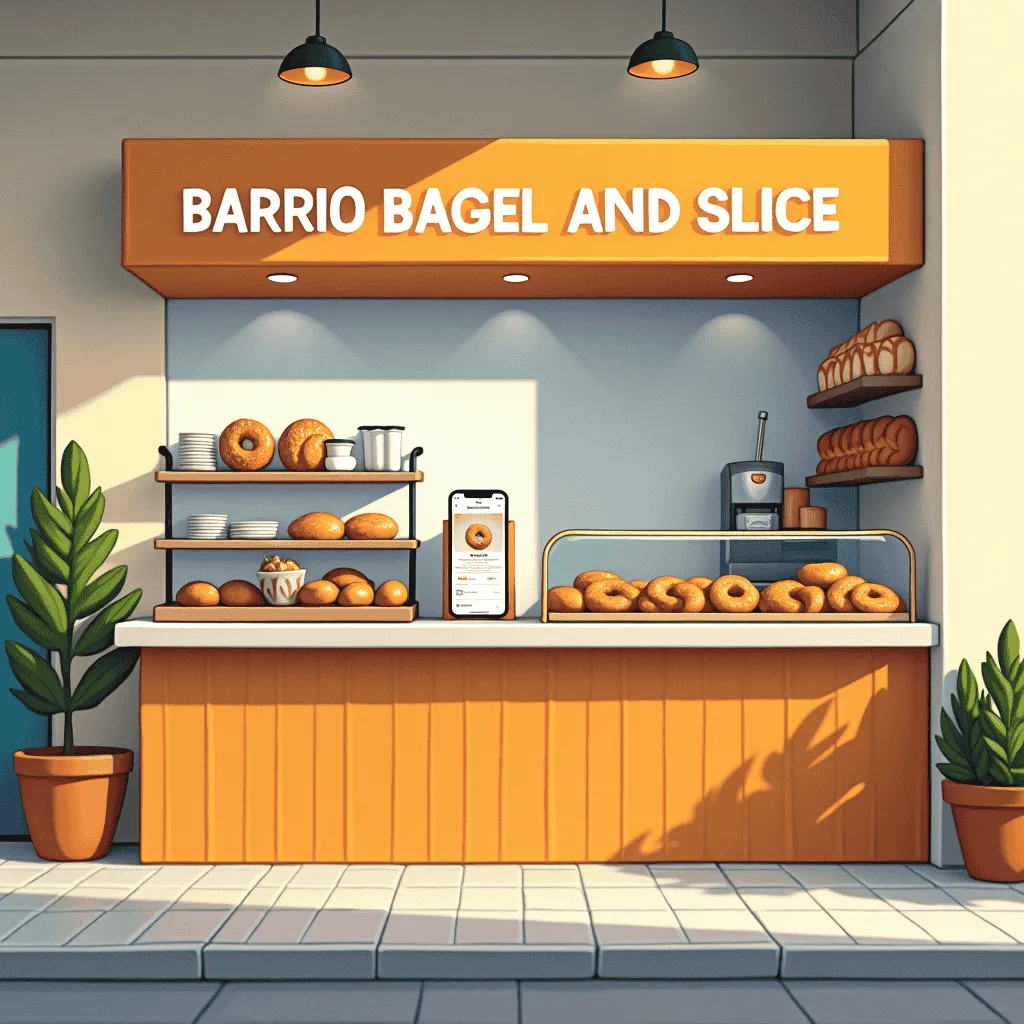



.avif)



.avif)
.avif)

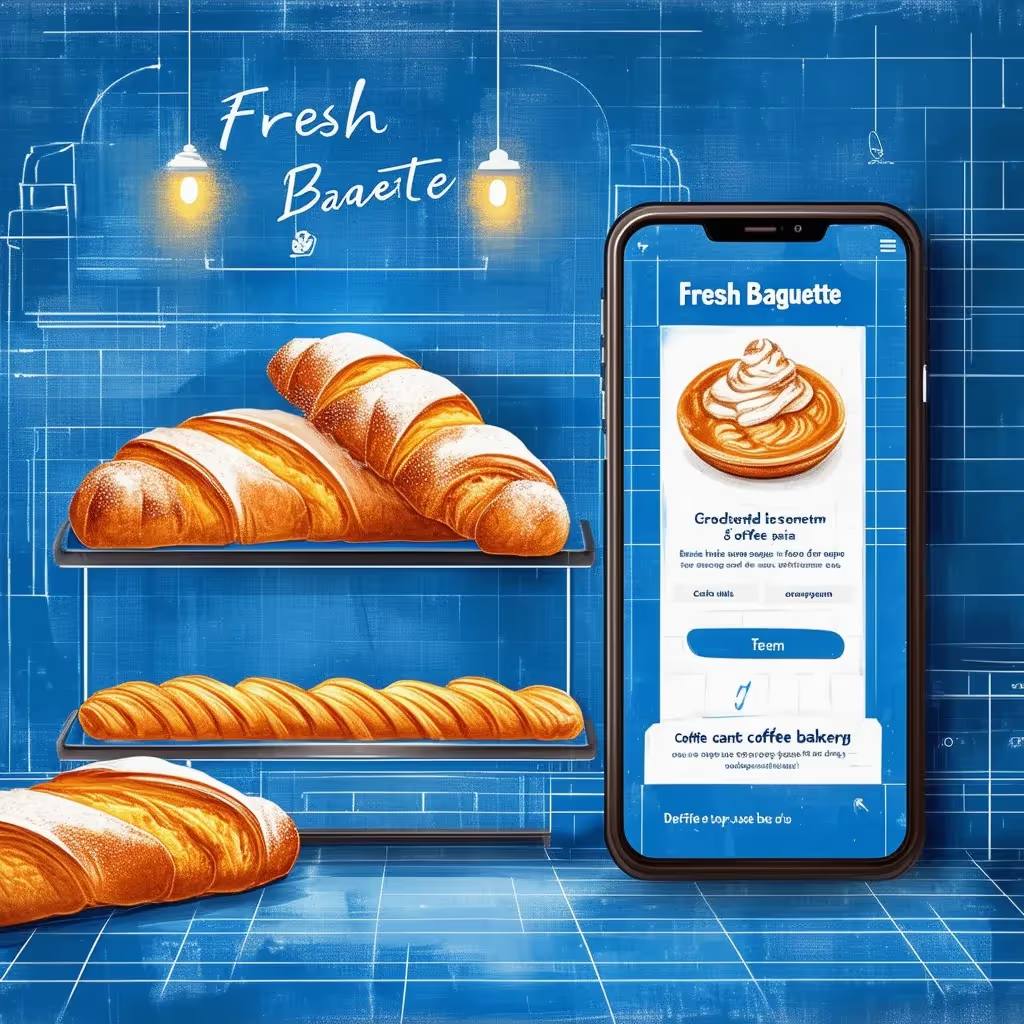

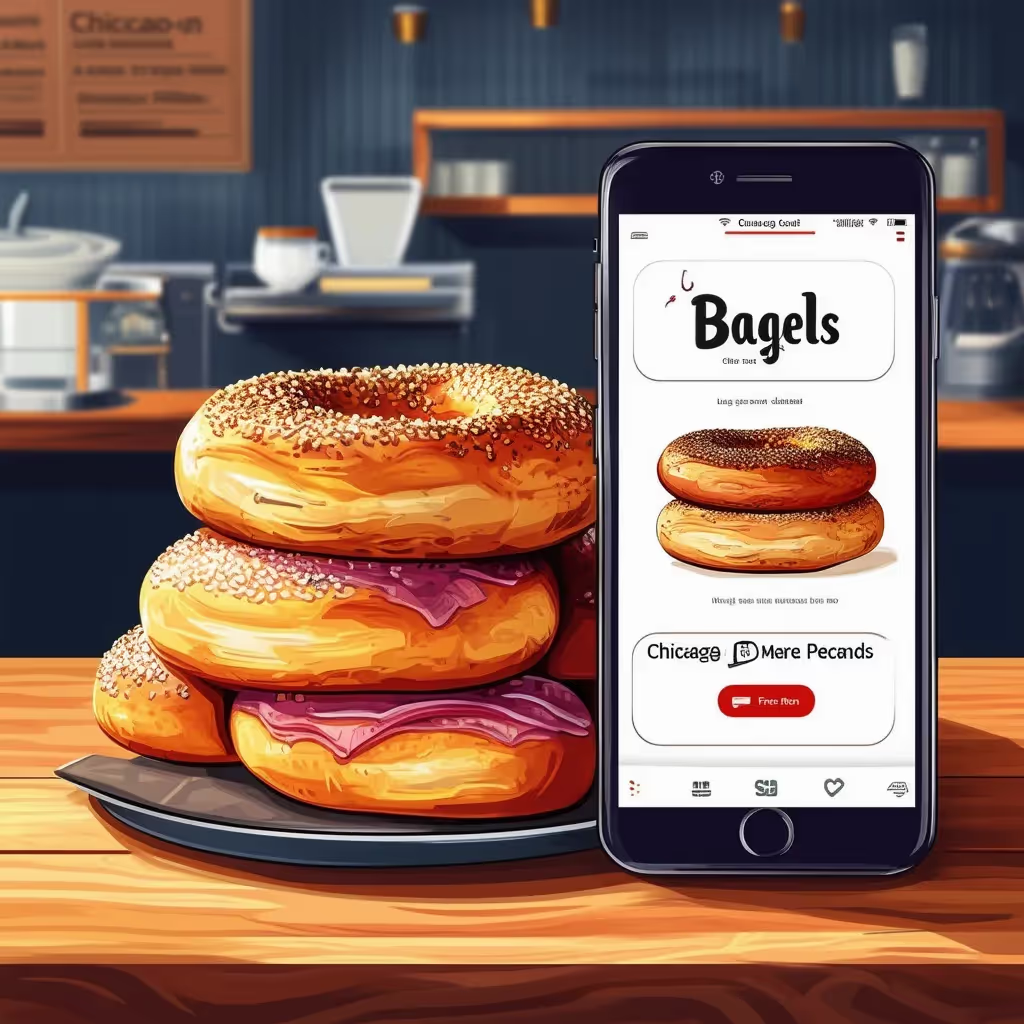
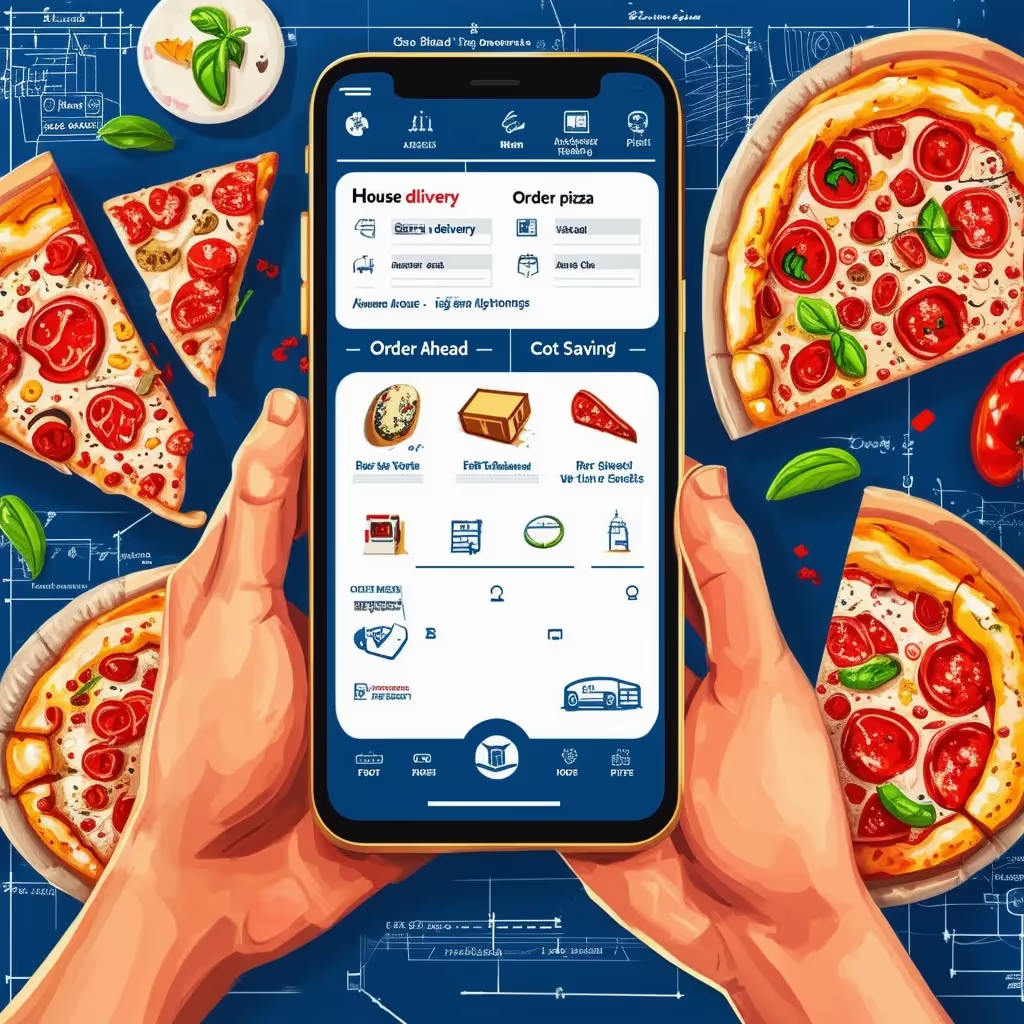









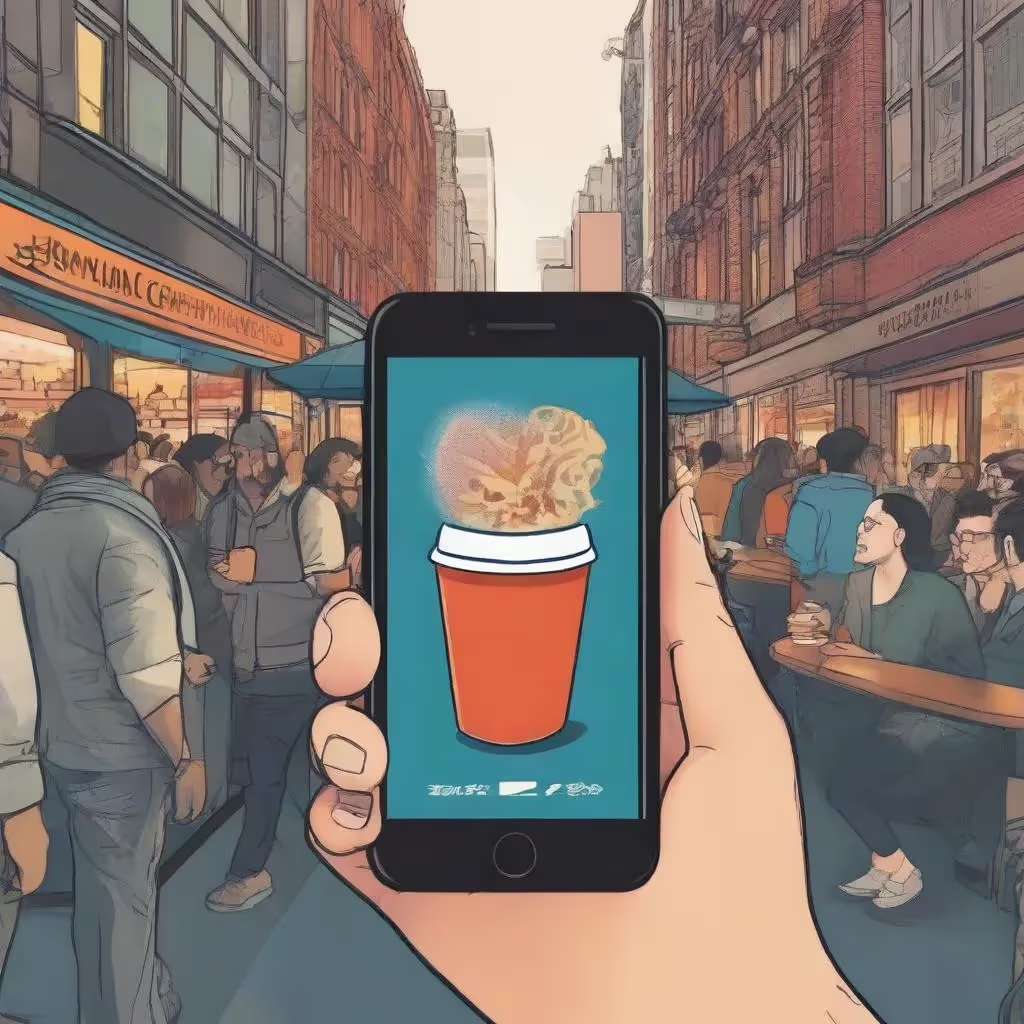

.avif)




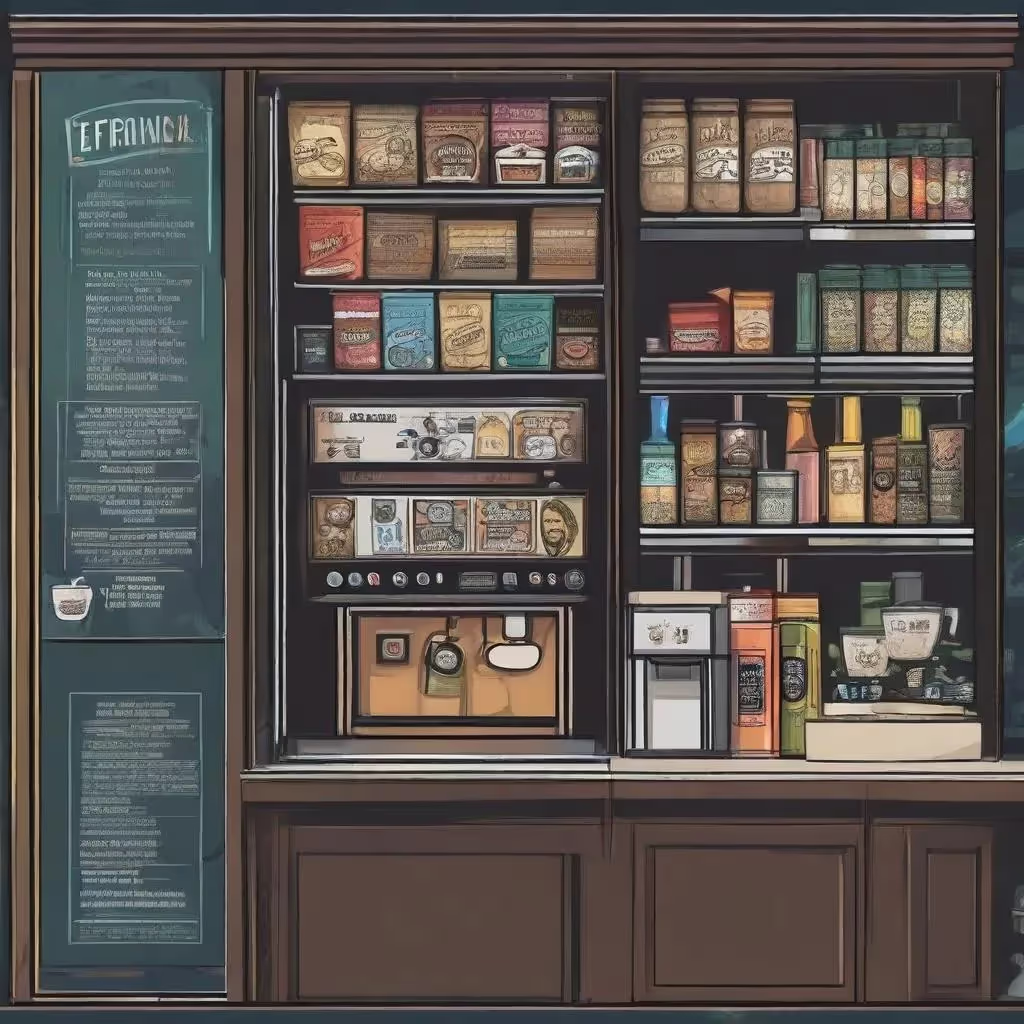
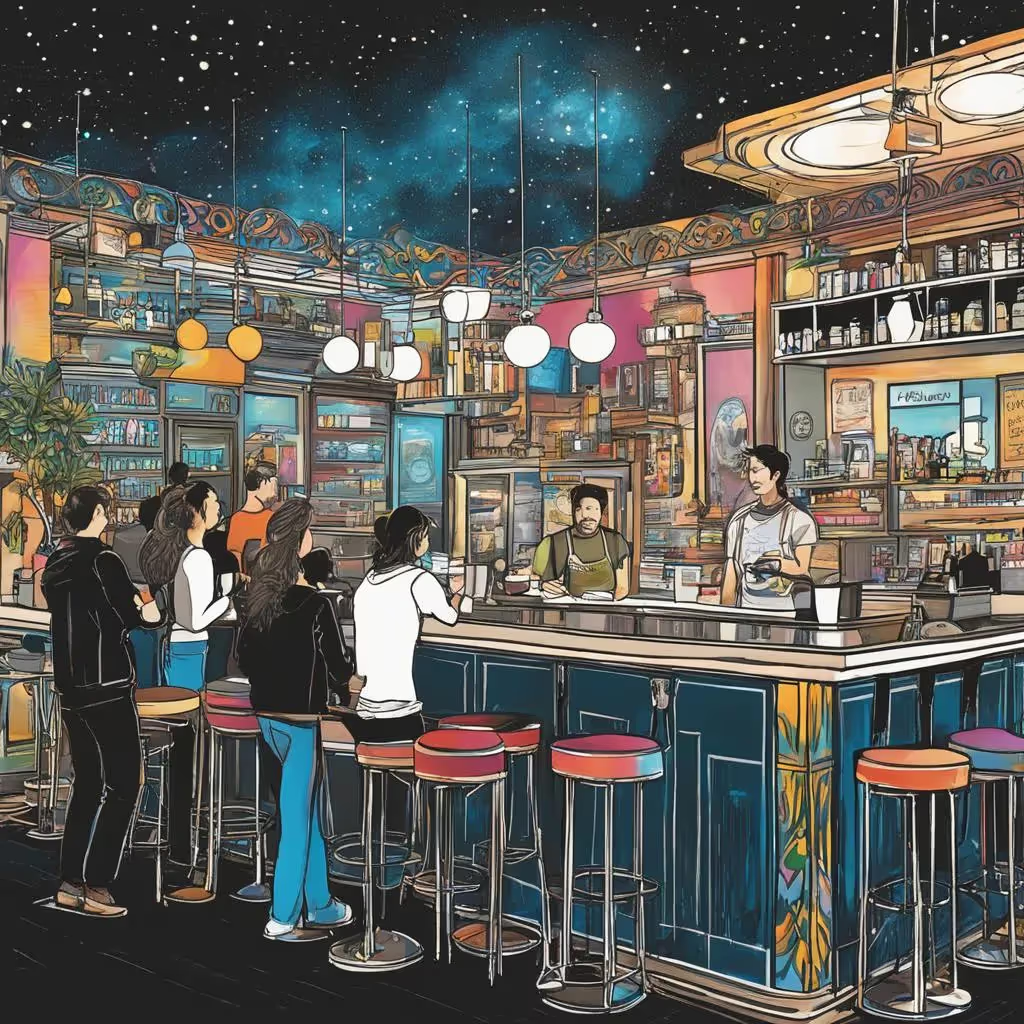


.avif)










